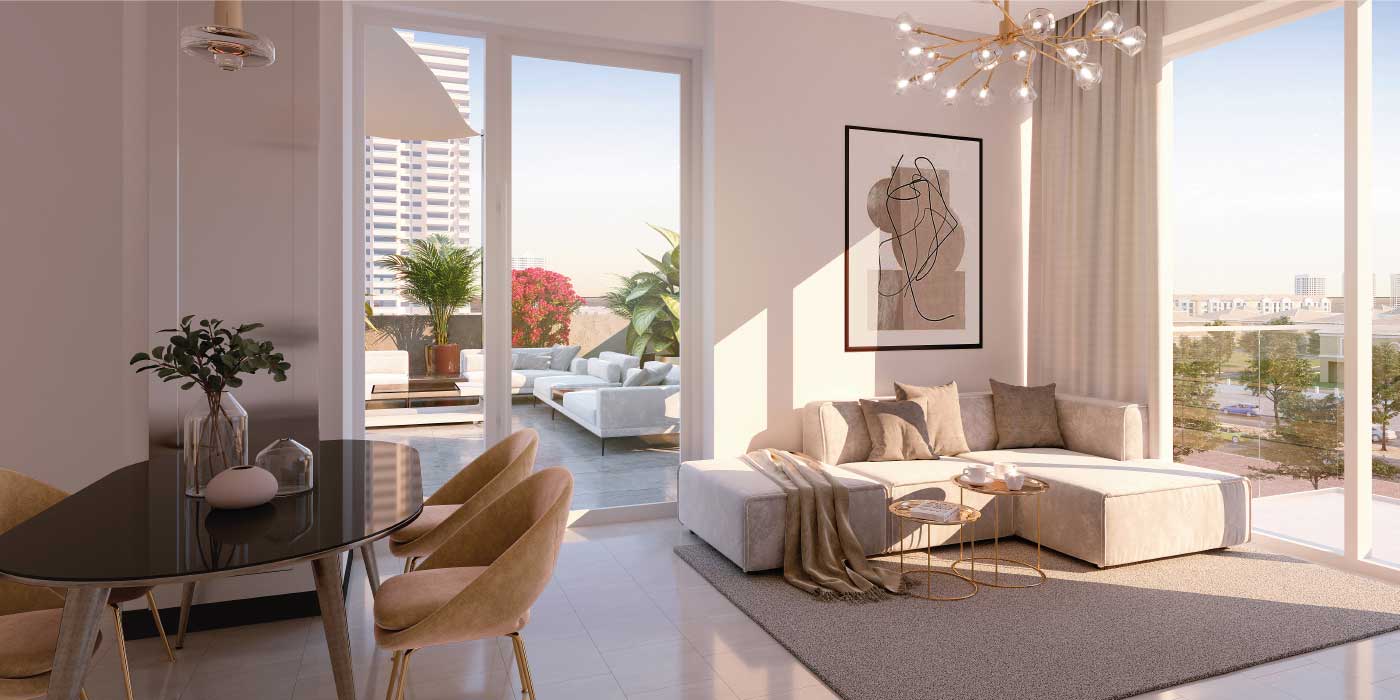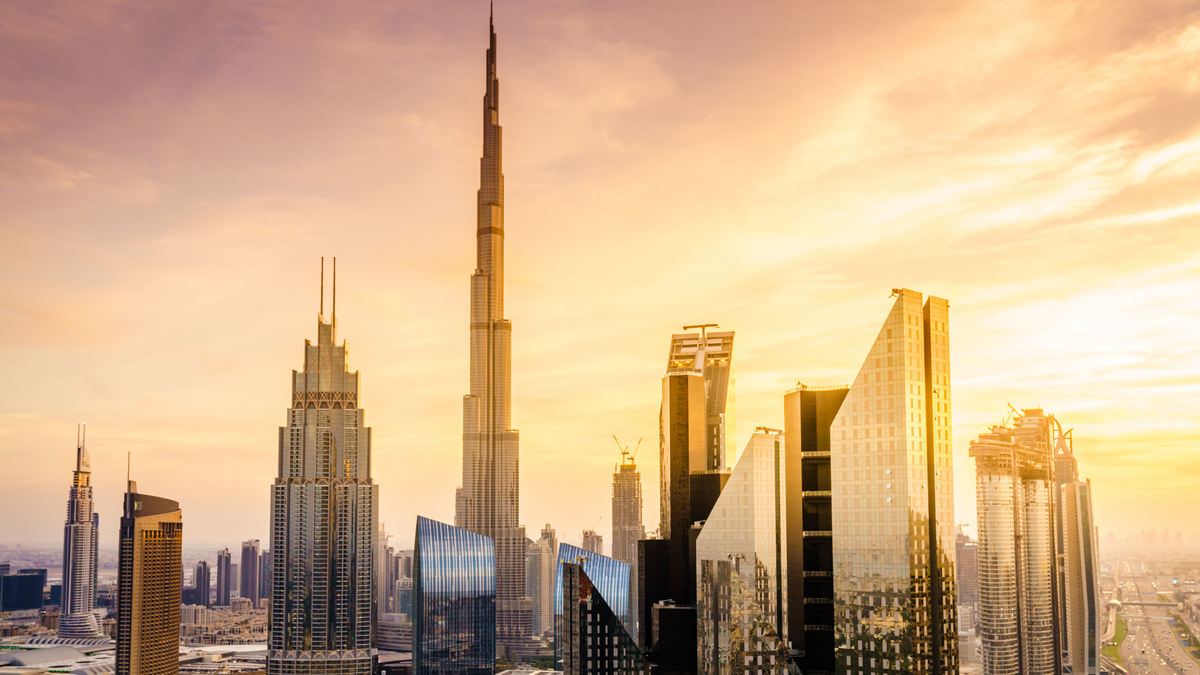Dubai has become a thriving ‘live, work, play’ city, now competing with major global hub cities. Dubai’s prime residential market, which includes Palm Jumeirah, Jumeirah Bay Island, Jumeirah Islands and Emirates Hills are some hot favourite destinations for global citizens. According to data from the Dubai Land Department, 32,109 transactions occurred between April and June 2024, representing a more than 30% increase over the same period the previous year.
Ritu Kant Ojha, CEO of Proact Luxury Real Estate, provides Indian investors with insights into Dubai’s unique opportunities for property market. In an interview with Sunil Dhawan from Financial Express, Ritu discusses promising investment areas, global market trends, and a comparative analysis of real estate returns between India and Dubai.

Which regions or cities in Dubai currently present the most promising real estate investment opportunities?
Contrary to its perception, in Dubai’s vibrant real estate market, there are appealing investment opportunities for both luxury and value-driven property buyers. Areas like Dubai Marina, Downtown Dubai, and the emerging District 2020 are known for their luxury and ultra-luxury branded residences and draw buyers with their world-class infrastructure and lifestyle amenities. These areas are popular for their high rental yields and strong potential for capital appreciation, attracting expatriates and investors worldwide.
Massive developments are underway in places like Arjan, Jumeirah Village Circle, Dubai Production City, parts of Dubai South, and Dubail and Residence Complex to name a few. These projects offer off-plan properties at reasonable rates with flexible payment plans, featuring modern upgrades such as smart home technology, high-end appliances and larger green community spaces, which are scarce in older buildings. With such a variety of choices, the guidance of a trusted real estate advisor is crucial to make informed decisions.
What makes Dubai an attractive destination for global citizens?
Dubai offers a luxurious lifestyle, with amenities like high-end shopping centers, gourmet dining, and exclusive recreational facilities, including golf courses and yacht clubs. The city’s cultural scene, with international art exhibitions and music festivals, creates a vibrant social atmosphere that attracts a diverse population. This dynamic lifestyle is a major draw for international investors looking to relocate and establish roots in Dubai.
As Dubai continues to expand, driven by its proactive economic and social initiatives, the residential population is expected to grow. Forecasts suggest an increase of nearly 75 percent over the next two decades, reaching up to 5.8 million people. This anticipated growth supports the ongoing demand and enhances the long-term value of real estate investments in the region.
What global market trends do you see influencing the real estate sector in Dubai?
Global market trends are shaping the real estate sector in Dubai. With monetary tightening in major economies, geopolitical instability, and election uncertainties stirring up concerns worldwide, the UAE, especially Dubai, emerges as a more stable choice. The economy here is on the upswing, security is top-notch, and the infrastructure is world-class, drawing more people to consider relocating here. This interest is boosting Dubai’s growth.
For example, after the Russia-Ukraine conflict, we saw tens of thousands from Eastern European countries move to Dubai. This movement has helped to further fuel demand in the real estate market as more people look for homes in a place they view as safe and full of opportunity.
In the present economic climate, what factors impact Indian buyers’ sales of luxury properties in Dubai?
In the current economic landscape, the consistent depreciation of the Indian Rupee against the US Dollar, to which the UAE Dirham is pegged, makes Dubai a more stable investment option for Indian buyers. This currency dynamic ensures that investments in Dubai’s real estate are not only safeguarded against the rupee’s volatility but are also likely to appreciate in value, offering a more secure store of wealth than similar investments in India’s fluctuating market.
Dubai’s tax-free regime on income and capital gains further enhances its appeal to Indian investors looking for efficient fiscal environments. This benefit, coupled with the city’s strategic geographic positioning, exceptional connectivity, and high-quality lifestyle amenities, attracts affluent Indian buyers seeking long-term value and lifestyle enhancements from their investments.
Dubai’s political and economic stability in a time of global uncertainty provides a further layer of assurance. Indian investors, aware of the geopolitical and economic shifts impacting traditional markets, are increasingly drawn to Dubai as a resilient investment haven. This preference is rooted in a strategic desire to diversify portfolios and capitalize on opportunities in a less volatile environment, emphasizing the city’s growing role as a critical hub in the global real estate landscape.
How do you compare the return on investment on properties in India vs Dubai?
When comparing real estate investments between India and Dubai, there are clear advantages that make Dubai a compelling choice. Dubai’s status as a global financial hub and its welcoming environment for expatriates add to its appeal. With no taxes on rental income and capital gains, it’s a favorable environment for investors.
Rental yields in Dubai have been strong, typically between 7.5% and 11%, while in cities like Mumbai, Bengaluru, and Delhi, they average between 2% and 4%. Even though capital appreciation is similar in both markets, the higher rental returns in Dubai provide a more attractive income stream.
Surprisingly, many premium properties in Dubai are 20% to 25% cheaper than those in major Indian cities, despite offering superior construction quality and world-class amenities. This makes Dubai an attractive option for investors seeking value for money.
Looking ahead, Dubai’s 2040 vision is unlocking new land for development, including beachfront properties. The city’s infrastructure ensures that even areas on the outskirts are only a short drive from Downtown. In contrast, new projects in Indian cities are often much farther from city centers, reducing their convenience and appeal. This combination of high returns, competitive pricing, and strategic growth makes Dubai an excellent option for real estate investment.
Can you share examples based on the same factors?
2500 sq ft residential property in Gurugram, Mumbai, Hyderabad and Bengaluru,
2500 sq ft residential property in 4 top cities in Dubai,
Cost in INR in both cases.
So, a 2500 sq ft apartment in a Tier-1 locality would cost: Gurugram – INR 6.5 to 12 crore, Mumbai 16 crore to 30 crore, Hyderabad 4.5 crore to 7.5 crore and Bengaluru 4 crore to 9 crore, respectively. The costs are 15% to 20% higher in the luxury segment.
Now, in Dubai let us look at 4 different areas for a 3 bedroom, 2500 sq feet apartment in Dubai.
- Dubai Silicon Oasis: INR 4 to 5 crore
- Dubai land: INR 3.5 to 4.5 crore
- Jumeirah Village Circle: INR 4.5 to 5.5 crore
- Jumeirah Lakes Towers: INR 7 to 8.5 crore



Member discussion